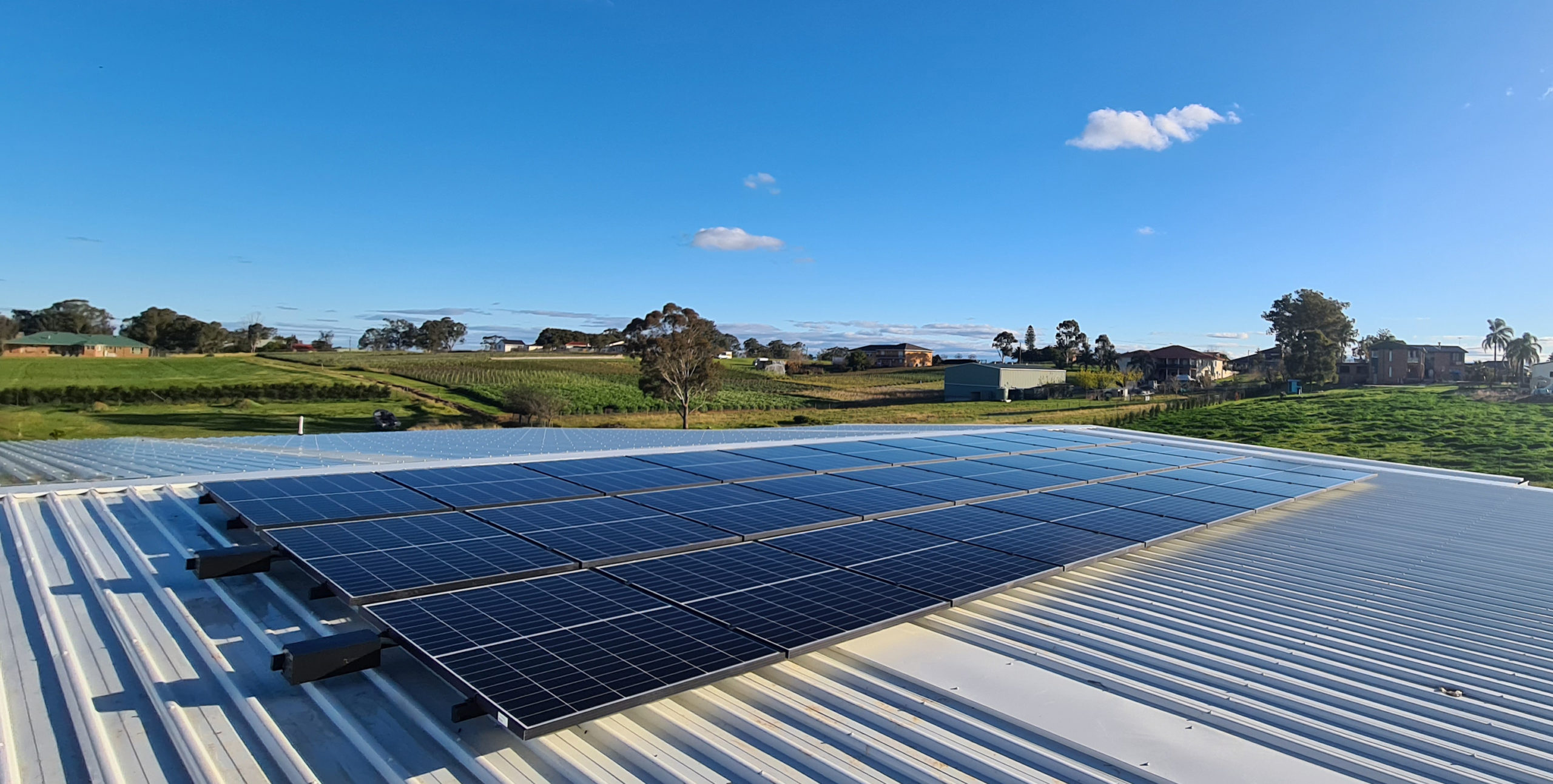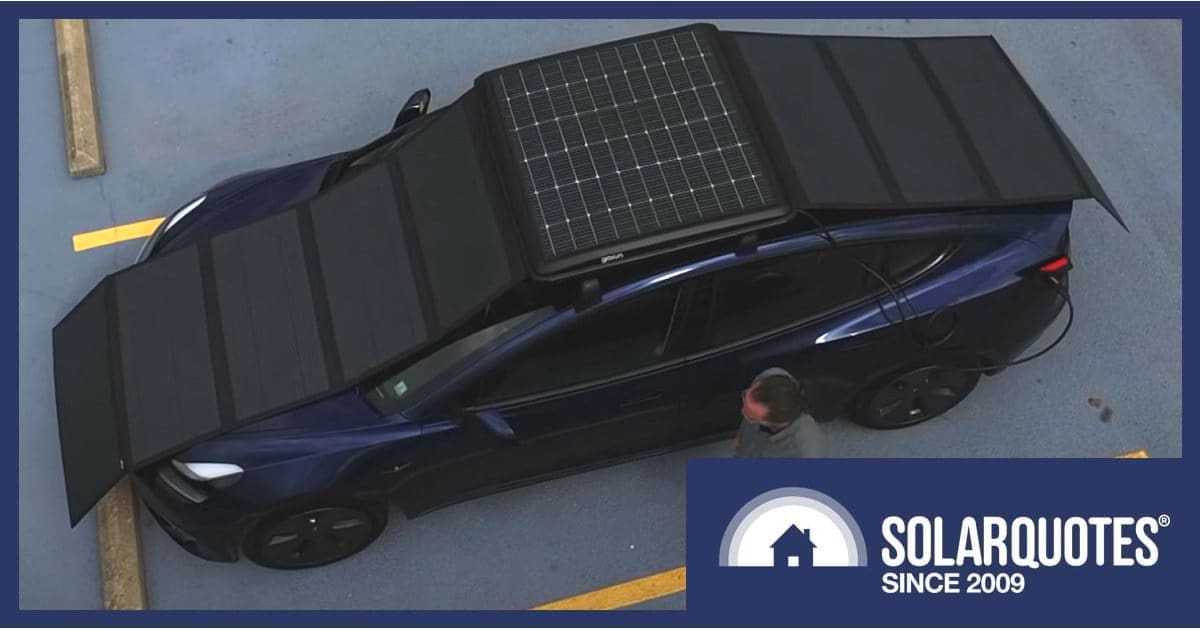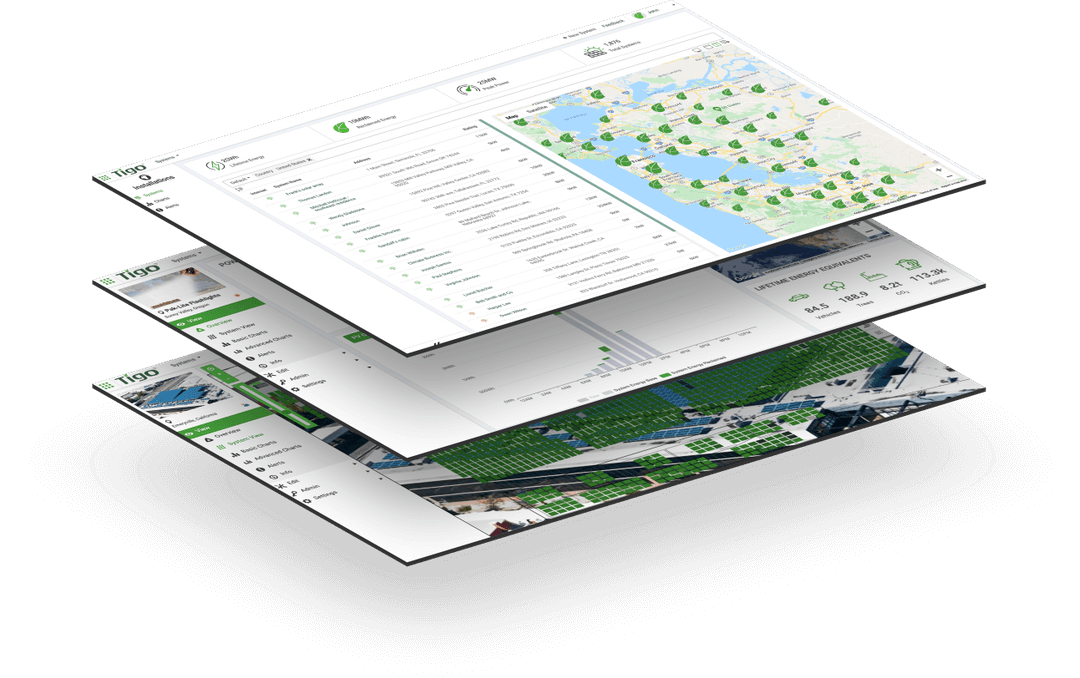How Many Solar Panels Should I Install at Home?
What are the steps to determine how many solar panels should I install at home?
- Assess your energy needs
- Evaluate solar panel efficiency
- Calculate solar panel sizing
- Analyze shade impact
- Determine your budget
- Consider environmental impact
- Plan for maintenance and monitoring
Overview
This guide offers essential steps to find the ideal number of solar panels for your unique needs: Assess energy requirements, prioritize efficiency, calculate sizing with location in mind, consider shading, align your budget, make eco-conscious choices, and plan for regular maintenance and monitoring to ensure clean and reliable energy. This may interest you : CAN MY AIRCON OPERATE SOLAR?.
In a time when electricity prices are skyrocketing, the possibility of harnessing solar power to make your residence more energy-efficient prompts you to invest in renewable energy-saving alternatives.
You might wonder, “How many solar panels should I install at home for cost-effective energy management and environmental sustainability?”
The answer to this critical question lies in a careful consideration of various factors that will help you choose the right solar panels for your specific needs.
Assess Your Energy Needs
Understanding your energy consumption patterns is key to determining the right number of solar panels for your unique situation, considering factors such as household size, daily routines, and appliance usage.
Picture yourself living in a four-bedroom house with energy-intensive appliances like air conditioning units and refrigerators. Read also : What’s the finest solar system in Australia?.
Your higher energy consumption, evident in your monthly electricity bills and historical data, will guide the selection of the appropriate number of solar panels needed.
Evaluate Solar Panel Efficiency
Solar panel efficiency is crucial in deciding the number of solar panels to install. See the article : array. It measures how effectively a solar panel converts sunlight into electricity and directly influences the system’s size required to meet your energy needs.
Suppose you opt for high-efficiency monocrystalline solar panels. In this case, you may need fewer panels to generate the same amount of energy compared to less efficient polycrystalline panels. Efficiency is crucial in making the most of your available roof space.
Calculate Solar Panel Sizing
Properly sizing your solar panel system is crucial to align your energy production with your consumption. It’s about achieving the right balance to meet your specific energy needs, considering factors like location, sunlight availability, and the impact of different panel configurations on system performance.
If your energy needs are 1,000 kWh per month and each solar panel generates 250 kWh per year, you’d require four solar panels to meet your monthly needs. Keep in mind that factors like location and panel tilt can affect these calculations.
Analyze Shade Impact
Shading significantly impacts your solar energy production and plays a crucial role in determining the number of solar panels needed. Shaded areas can reduce panel efficiency and output, necessitating additional panels to meet your energy goals.
If your roof is partially shaded by nearby trees or structures, it’s important to assess how this will affect your panels. You might need extra panels to compensate for the reduced sunlight exposure.
Determine Your Budget
Your budget is a crucial factor in the solar panel installation process. Understanding your budget limitations helps you select the right number of panels that align with your financial plan, ensuring a cost-effective transition to clean and sustainable energy.
Consider a situation where you have a predetermined budget for your solar panel project. This budget covers panel costs, installation, and additional components like inverters and mounting hardware. Being aware of your budget constraints guides you in choosing the number of panels.
Consider Environmental Impact
Going solar isn’t just about reducing your energy bills; it’s also about contributing to a cleaner environment. When determining how many solar panels to install, it’s crucial to consider your green energy goals and the broader environmental implications of your decision.
In this case, you may choose a solar system that covers 100% of your energy needs. A larger solar system can provide surplus clean energy, which benefits your community and the environment by feeding clean energy back into the grid.
Plan for Maintenance and Monitoring
Maintenance and monitoring are essential aspects of a successful solar panel system. They ensure that your solar panels continue to perform optimally, delivering clean and reliable energy.
Whether it’s cleaning panels, checking for any damage, or monitoring energy production, you should factor in these maintenance needs when determining the right number of panels for your setup.
Key Takeaway
The question of “how many solar panels should I install at home” depends on a variety of factors, including your energy needs, panel efficiency, budget, and environmental goals.
If you’re considering making the switch to solar energy, Solaric can help you find the perfect solution tailored to your needs.
With a proven track record in the Philippines, Solaric is the expert in rooftop solar installations. Turn on the sun for your home and enjoy the benefits of clean and renewable power by reaching out to us today!






Comments are closed.